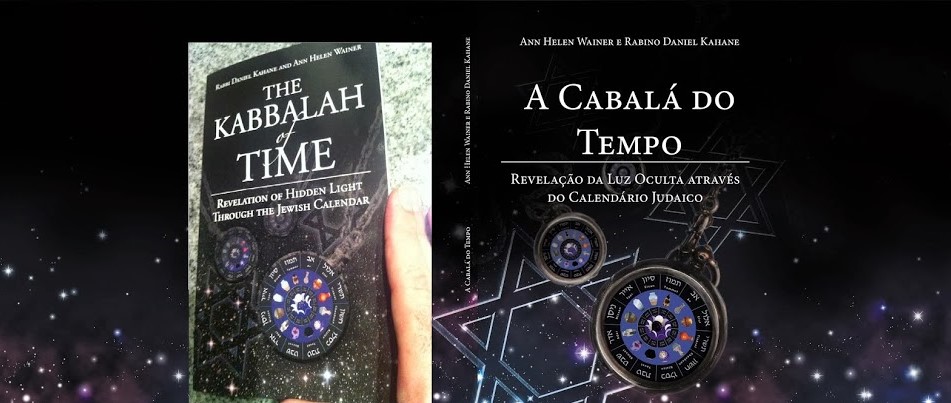STORY OF CHANNAH: 19. And they arose early in the
morning, and prostrated themselves before the Lord: and they returned and came
to their house, to Ramah, and Elkanah knew Hannah, his wife, and the Lord
remembered her.
QUALITY OF PIRKEI AVOT: understanding
PROVERBS: Chapter 19
TZADDIKIM: Rabbi Shalom Shabazi and Rabbi Shalom Sharabi (the Rashash) (10th of Shevat)
Week 19 is the week of Yud
Shevat, the yahrzeit of the
Previous Rebbe, Rabbi Yosef Yitzchak Schneersohn of Lubavitch. It is also the
date in which the Rebbe, Rabbi Menachem Mendel Schneerson, became rebbe a year
later.
As mentioned in the previous week, Shevat is
connected to the attribute of pleasure, Ta’anug, as well as faith, Emunah.
The verse for this week mentions marital relations, which in this case
represents both concepts. The verse mentions also how Hashem remembered
Channah, and how her Emunah in Hashem
was rewarded. In the Torah, marital relations is
often referred to as knowledge, Da’at.
Da’at is the connecting point between
the male aspect of intellect, Chochmah (wisdom),
and the female one, Binah (understanding).
It is what allows Chochmah to
impregnate Binah.
This week’s Pirkei
Avot quality is that people enjoy understanding (Binah ) from those that study Torah for its own sake. In the verse above,
Channah represents understanding, Binah.
Again, the entire Book of Proverbs
is about enjoying understanding, from those that have it. Chapter 19 continues
this theme. Two verses in this chapter specifically speak of understanding:
8. He who acquires sense loves his
soul; he who guards understanding will eventually find good.
(...)
25. Beat a scorner, and a simple
man will gain cunning; reprove a man of understanding, and he will understand
knowledge.
Rashi comments that this is a reference to the plagues in Egypt (reminiscent of the song of the Locust for this week in Book 1.
Besides from the Previous Rebbe, this
week also contains the yahrzeit of two great Tzadikim of Yemeni descent: Rabbi Shalom Shabazi and Rabbi Shalom Sharabi (the Rashash), whose yahrzeits are on the 10th of Shevat (like the Friedieker Rebbe).
Rabbi Shalom Shabazi was the leader of his generation, known as "Mori," and was a tremendous scholar and the greatest of Yemenite poets. https://jemcentral.org/2020/10/29/doing-good-one-base-at-a-time/
The Rashash is the father of all contemporary sephardic kabbalists. https://www.chabad.org/kabbalah/article_cdo/aid/2444216/jewish/Rabbi-Shalom-Sharabi-The-Rashash.htm
Also having yahrzeits this week are two rabbis from renowned Chassidic
dynasties: Rabbi David Biederman of Lelov (7th of Shevat) and (every once in a while) Rabbi Mordechai
of Lechovitch (13th of Shevat - discussed next week). Rabbi David Biederman of Lelov was
one of the main disciples of the Seer of Lublin, and the founder of the Lelover Chassidic dynasty. He was known for his
extraordinary ability to look at every Jew in the positive light. He was also the
teacher of Rebbe Yitzhak of Vorka, who was also known for his tremendous Ahavat Yisrael.
